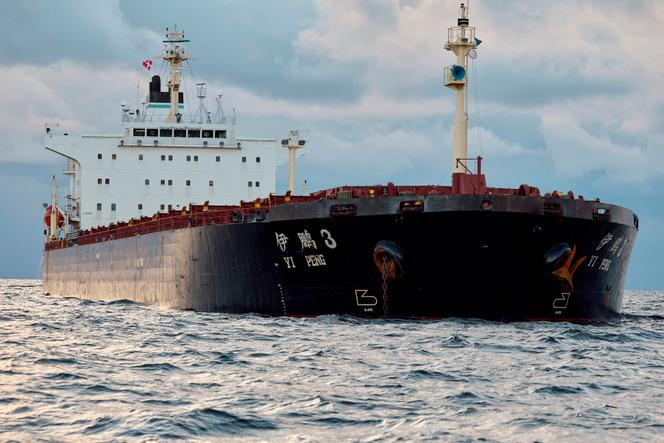


Telephone cables, high-speed internet networks, gas pipelines and electrical connectors ... In the absence of alternatives on land or in space, the economy's dependence on undersea infrastructure has grown steadily with the increasing flow of trade. Poland's Prime Minister Donald Tusk voiced his concern on Wednesday, November 27, ahead of a summit of Nordic and Baltic countries, highly sensitive to the threat from their large Russian neighbor. There is already an airspace control force within the North Atlantic Treaty Organization (NATO), so why not create a "police mission in the Baltic Sea," he said.
Tusk's proposal, approved by the neighboring countries, did not come about by chance. Two undersea cables (Sweden-Lithuania and Finland-Germany) were damaged on November 17 and 18. Swedish investigators suspect that the Chinese bulk carrier Yi Peng 3 traveling from Russia was responsible, having deliberately left its anchor dragging for 160 kilometers, according to the Wall Street Journal. Both the Russians and the Chinese have denied any attempt at sabotage, but Beijing is fueling suspicion by delaying allowing its freighter to enter Swedish waters for the purposes of the investigation.
Since Russia's invasion of Ukraine in February 2022, the return of high-intensity conflict has not eliminated the threat of hybrid warfare (cyber attacks, GPS signal jamming, discreet sabotage ...), even if accidents and landslides account for more than two-thirds of the damage. In October 2023, a Hong Kong cargo ship already damaged two cables and the Balticconnector pipeline. And the sabotage of the Nord Stream 1 and 2 gas pipelines in 2022 prompted NATO and the European Union to set up a unit to "map the vulnerabilities" of undersea infrastructure.
Nearly 450 cables running beneath the oceans carry 99% of data, including financial transactions worth $10 trillion a day (around €9.5 trillion). The expanded network will extend over 1.4 million kilometers, enabling data to be redirected in the event of a problem. Protecting it is, more than ever, a mission for national navies, despite a certain legal gray area.
Cooperation with industrialists, particularly tech giants such as Google, Meta and Amazon, owners of these "arteries" that irrigate the global economy, has become essential. For several months now, they have been putting the power of their laboratories at the service of NATO's "Digital Ocean" initiative, designed to secure the seas and the space above them in a public-private partnership that responds to the emergence of these new areas of conflict.
